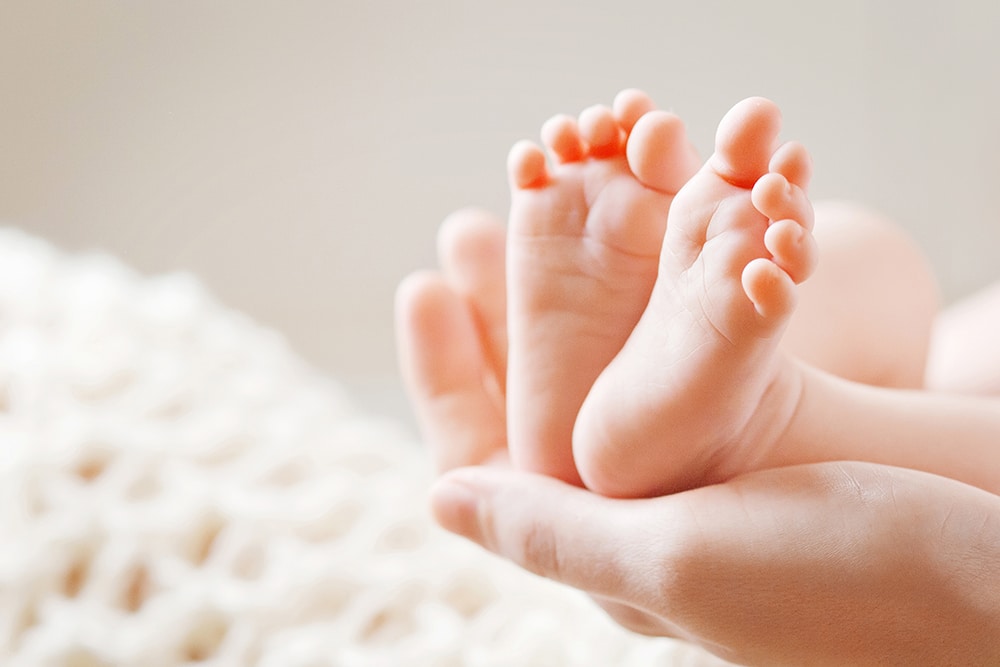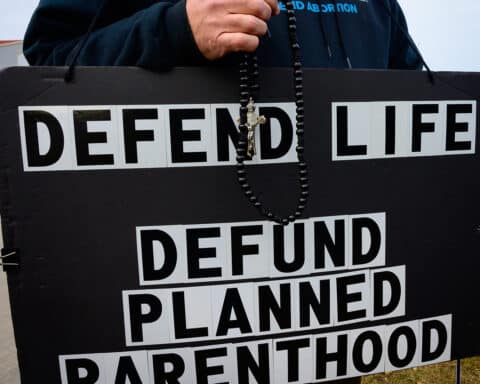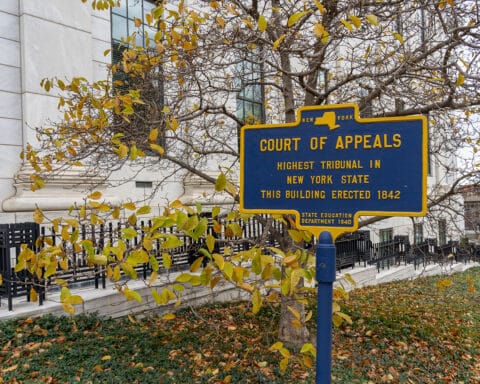As Texas’ “heartbeat law” gains national attention, pro-life organizations in the states that border Texas are preparing for the likely increase in demand for abortions in their states.
“They are already crossing,” said Ethel Rose Maharg, executive director of New Mexico’s Right to Life Committee in reference to women from Texas who, she says, have crossed to New Mexico after the Texas law went into effect on Sept. 1. “We have received information that at least 78 abortions were performed in a clinic near [Texas].”
The Right to Life Committee of New Mexico (RTLCNM), is an affiliate of the National Right to Life Committee. The New Mexico pro-life movement began in 1969 as a response to attempts by pro-abortion forces to liberalize New Mexico abortion laws. Abortion on demand became law in New Mexico in 1969.
Louisiana’s pro-life organizations are also following closely what is happening in Texas. Benjamin Clapper, executive director of Louisiana Right to Life (LARTL), said that the staff at the organization founded in 1970 and its supporters are thrilled that many unborn babies in Texas are being protected from the violence of abortion.
“For Louisiana, the Supreme Court’s decision in this Texas matter gives us even more hope that the Supreme Court is preparing to make another step in the Dobbs v. Jackson Women Health case toward protecting the most vulnerable among us: unborn babies and their mothers,” said Clapper, who also serves the national pro-life movement working on the political side to elect pro-life leaders. He also helped start pro-life youth training programs in other states through the Life and Leadership Youth Camp Initiative.
“In Louisiana, there are over 35 pregnancy centers and many compassionate pro-life sidewalk counselors outside abortion facilities ready to offer assistance to Texas women who may come to Louisiana for abortion,” Clapper said. “Pregnancy centers are aware of a possible increase in demand for abortion and are prepared to support women, no matter where they live. It’s our hope that pregnant women in Texas will turn to the many public and private agencies in Texas who are helping women with parenting or placing a child for adoption.”
In Oklahoma, Bishop David A. Konderla of the Diocese of Tulsa and Oklahoma City Archbishop Paul S. Coakley delivered a joint statement saying that the “decision by the U.S. Supreme Court to permit Texas’ heartbeat abortion ban to remain in effect marks a critical turning point in our decadeslong battle to defend unborn life.
“As a result of the ban, it is estimated that as many as 4,000 lives each month will be spared. We pray that the courts in Oklahoma will follow suit and allow our state’s recently enacted heartbeat law to go into effect.”
Adam Minihan, director of communications of the Diocese of Tulsa, added that many pro-life organizations in the Tulsa area focus on helping expectant mothers and their babies. “If you think you might be expecting, please do not hesitate to contact them,” he said, recommending organizations such as GoLife Mobile Medical, Birthright of Tulsa and Catholic Charities that work daily to provide free medical advice, counseling and temporary housing for expectant mothers.
The Texas SB8 law bans abortions after about six weeks of pregnancy and allows private citizens to sue abortion providers and anyone else who helps a woman obtain an abortion.
The Texas Catholic Conference issued a statement, after the law went into effect, underscoring the importance of Alternatives to Abortion, a state-funded program that provides funds for pregnancy centers that offer counseling services and resources to women in crisis pregnancies.
Not only are pro-life organizations in states bordering Texas preparing for the increase in demand for abortions in their states, but there is a response at a national level to help pregnant women in need. The U.S. Conference of Catholic Bishops is promoting its initiative, Walking with Moms in Need, which asks Catholic parishes and communities to “walk in the shoes” of local pregnant and parenting women in need. The initiative asks parishes to try to turn into or help pregnancy centers and find and share resources with pregnant and parenting women.
David Aquije writes from New York.





